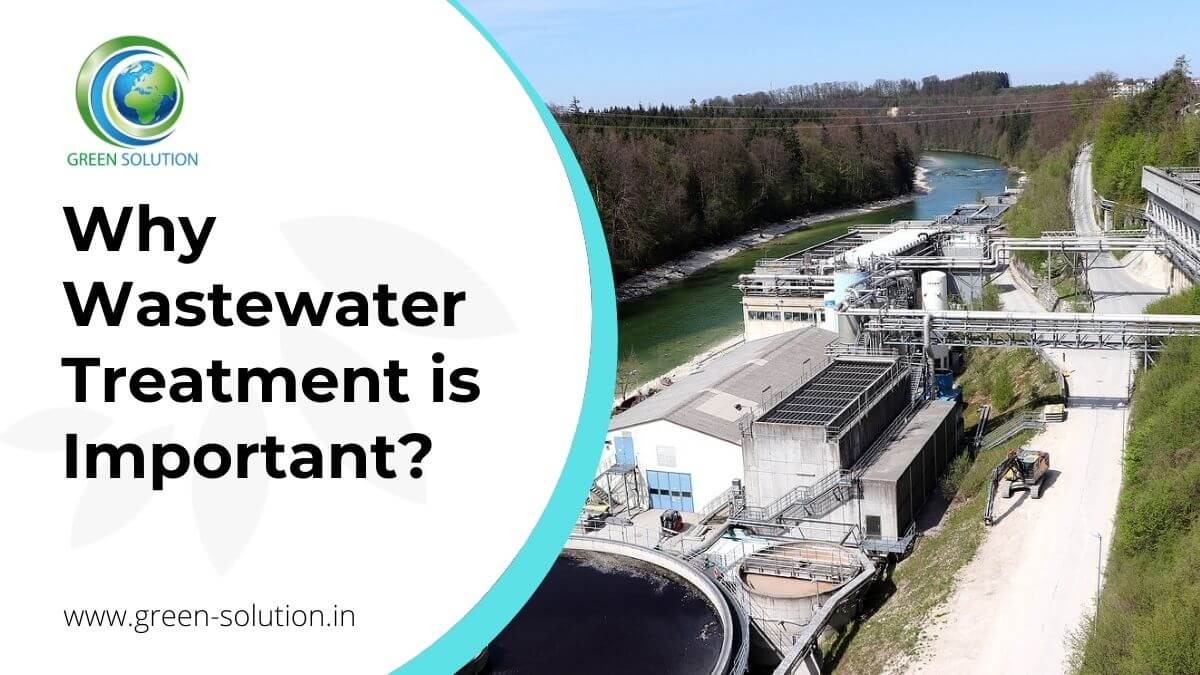The Main Principles Of Reclaim Waste
The Main Principles Of Reclaim Waste
Blog Article
Examine This Report on Reclaim Waste
Table of Contents3 Easy Facts About Reclaim Waste ShownThe Best Guide To Reclaim WasteFacts About Reclaim Waste Revealed6 Easy Facts About Reclaim Waste ShownThe smart Trick of Reclaim Waste That Nobody is Discussing
Domestic sewer waste refers to the waste and products from a household septic storage tank. The proper management and disposal of domestic sewer waste need liquid waste to be transferred to a sewage treatment plant where the correct methods and devices are used to purify and dispose of waste.
Commercial waste typically includes potential risks, such as flammable materials or a mix of fluid and strong waste products, and needs an extra innovative and thorough disposal process. The disposal of industrial waste normally involves the filtering of waste prior to transportation to guarantee risk-free and proper disposal. Hazardous waste is created from results and runoff of industrial procedures and manufacturing.
This sort of waste can not make use of the same sewer administration transport or processes as septic or industrial liquids. The industrial waste monitoring process requires the assessment and screening of fluid waste prior to it undergoes the disposal procedure (liquid waste disposal). Runoff waste is the fluid waste that comes from drainage and excess stormwater in highly booming areas or cities
Runoff waste can create contamination and flooding if not taken care of effectively. Discover a lot more about drain cleansing and waste management. Making sure proper waste monitoring can stop calamities and lower environmental injury. Both people in household settings and professionals in commercial or production industries can take advantage of comprehending the procedures and regulations of liquid waste management.
Reclaim Waste Fundamentals Explained
Contact PROS Solutions today to learn regarding our waste management and disposal services and the correct ways to take care of the fluid waste you create.
(https://forums.hostsearch.com/member.php?271151-reclaimwaste1)This so-called 'wastewater' is not just an important source but, after therapy, will certainly be released to our land, rivers or the ocean. Made use of water from commodes, showers, bathrooms, cooking area sinks, washings and commercial procedures is understood as wastewater.

water used to cool down machinery or tidy plant and tools). Stormwater, a kind of wastewater, is overflow that moves from farming and metropolitan areas such as roofing systems, parks, yards, roads, paths and rain gutters right into stormwater drains pipes, after rainfall. Stormwater moves untreated straight to regional creeks or rivers, at some point reaching the ocean.
Reclaim Waste - An Overview
In Queensland, a lot of wastewater is treated at sewer therapy plants. Wastewater is carried from residential or commercial sites through a system of drains and pump stations, recognized as sewage reticulation, to a sewage treatment plant. City governments develop, preserve and operate most sewage treatment plants. Operators are licensed under the Environmental Protection Act 1994 to release treated wastewater at an appropriate environmental criterion right into rivers.
The Department of Natural Resources advises regional governments regarding handling, operating and preserving sewerage systems and therapy plants. In unsewered locations, city governments may require householders to mount individual or family sewer treatment systems to treat domestic wastewater from commodes, kitchen areas, restrooms and washings. The Department of Natural Resources authorizes the usage of household systems when they are confirmed to be effective.
In some brand-new communities, treatment of some stormwater to get Clicking Here rid of clutter, sand and crushed rock has actually started using gross pollutant catches. Wastewater therapy takes place in 4 phases: Eliminates solid matter.
Utilizes tiny living organisms understands as micro-organisms to break down and eliminate staying liquified wastes and great fragments. Micro-organisms and wastes are included in the sludge.
Get This Report on Reclaim Waste
Nutrient removal is not available in all sewer therapy plants since it calls for expensive specialized tools. It is ending up being a lot more usual in Queensland. Clear liquid effluent created after treatment might still include disease-causing micro-organisms. If this effluent is released into waterways such as rivers or the sea, the micro-organisms will at some point die out.

The majority of wastewater moves into the sewerage system. Under the Act, local federal governments provide authorizations and permits for eco relevant activities (Ages) involving wastewater launches that might have a local influence.
See This Report on Reclaim Waste
Or else, samples are taken for research laboratory analysis. Usually numerous tests are required to develop the degrees of each of the various toxins such as oils, heavy metals and pesticides in water. Tracking supplies valid details about water high quality and can validate that permit conditions are being met. The info obtained with surveillance gives the basis for making water top quality decisions.
Report this page